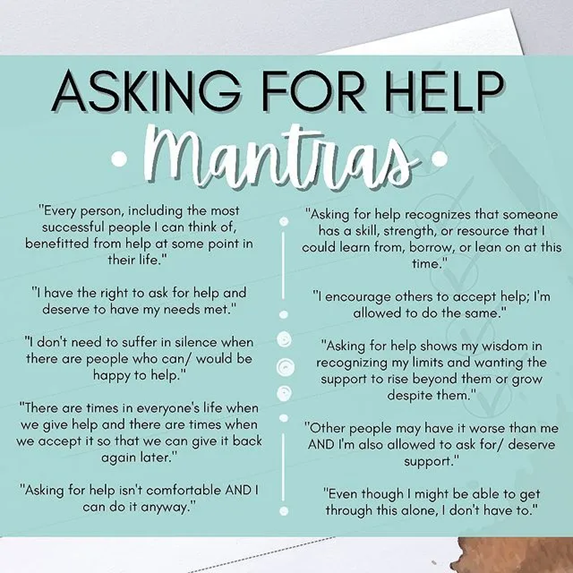Substances As a Means Of Control in Domestic Violence
Though the numbers above reveal a great need for treatment among IPV victims, these people are often prevented by their partners from getting help.
Research from the NCDVTMH notes that domestic abuse is rooted in patterns of power and control.
This ongoing pattern is reinforced through:
· intimidation
· threats
· physical or sexual violence
· isolation
· economic abuse
· stalking
· psychological abuse
· coercion related to mental health and substance use
Many abusers use substance use as a control mechanism over their partners. For example, an abuser may force their partner to use substances, then sabotage any efforts toward recovery.
They do this by threatening to go to the authorities with evidence of their partner’s substance use if they were to speak up about the abuse.
This tactic then strips the victim of his or her ability to seek help, keeping them under the control of their abuser and perpetuating unhealthy power dynamics.
Research is still limited on this topic, but recent studies have been showing increasing evidence to support the fact that substance use coercion is common within abusive relationships.
Substance abuse is not always necessarily the cause of domestic violence among batterers, but there are cases in which substances play a key role in the abuse due to direct and indirect factors.
Women whose partners drank heavily were five times more likely to also report experiencing IPV. Other research shows that substance use precedes 47% of domestic assaults.
Of those assaults, 92% of men who assaulted their female partner used substances on the day of the assault, and 30% to 40% were drinking at the time of the assault.
The most common substances involved in these cases were found to be alcohol and cocaine.
An abuser’s substance use can have the following effects:
· It can lead to the serious injury or death of their partner in cases of domestic abuse.
· Substance abuse may lead to misconceptions about a partner’s actions or motives, leading abusers to believe their actions are justified.
· Abusers can use substances as an excuse after the fact, claiming they were intoxicated and unaware of their actions.
· Abusers may believe they have the right to dominate their partner, especially when under the influence of substances.
Domestic Violence Support | National Domestic Violence Hotline (thehotline.org)




Comments
Post a Comment